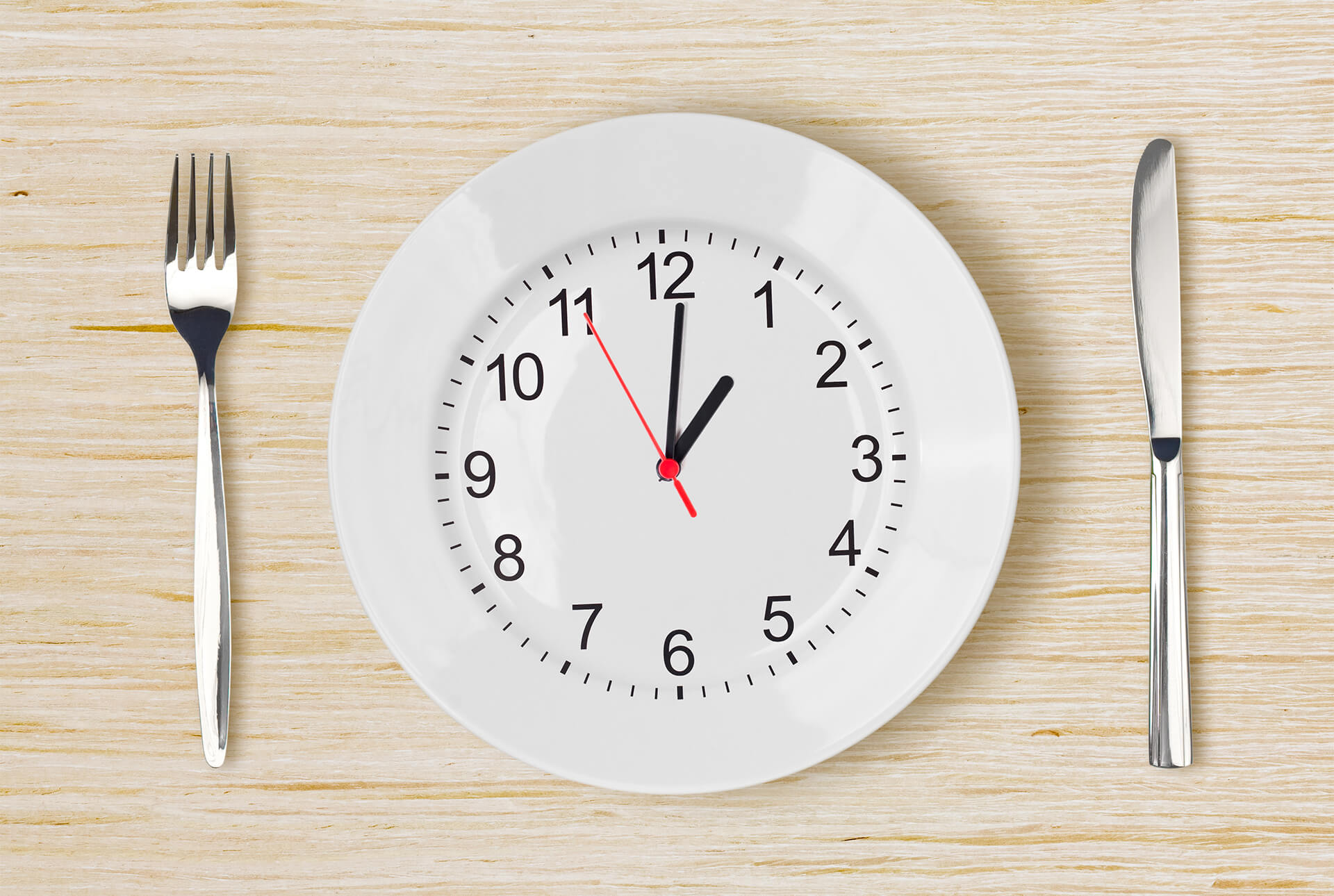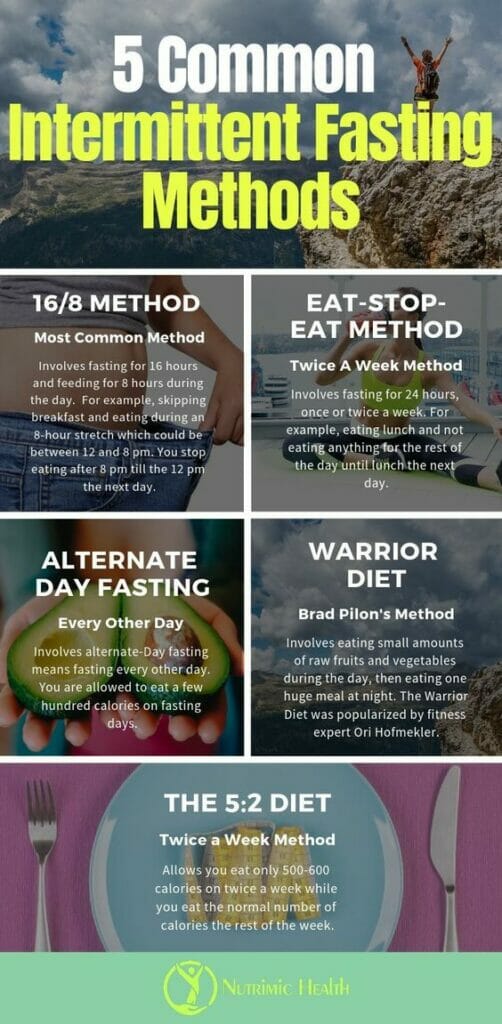
Advocates of intermittent fasting make a compelling case to why it might work. But is it best for your goals? Here’s the clinical breakdown, along with a middle-ground approach.

In the physical fitness industry, extremes are the standard. What is known as fact today could be completely debunked tomorrow. Think of it: 10 years ago, bodybuilders rejected the large lifts of squat, bench, as well as deadlifts. Now those three exercises are the cornerstone of lifting.
Eating schedules are not immune to the same change since nutritional science is still in early stages compared to other sciences. A decade back, bodybuilder logic had everybody in the health club eating every 2-3 hrs to “keep your metabolism revved” and stay anabolic. Today, the health clubs are filled with talk about not eating for as long as 16-20 hrs which is now known as “intermittent fasting.”
Both of these camps have their diehard followers. I am not here to prove whether this is right or wrong. I am here to simply state the facts. It’s up to you to decide for yourself what works for.
The Old Way Of Thinking
So Let’s start by considering the old “eat every 2-3 hrs” method, as well as its claims about metabolic rate. It has been proposed by countless specialists for many years that eating more often will enhance overall metabolic rate. While I’ll confess that the logic at first seems good, it does not seem to stand the litmus test of the clinical evidence.
Practically every study examining meal frequency, in a recent meta-analysis, demonstrated absolutely no difference in fat loss when calories were regulated. Remarkably, there were no hunger distinctions and your metabolic rate was not affected[1,2].
This may seem like blasphemy to the devout fans of the 6-8-meals-per-day mantra, but it’s hard to argue against data. Nevertheless, it’s worth keeping in mind that this remains with respect to weight loss. When strength and muscle gains are the goal, three meals a day may not provide adequate amounts of protein.
That’s why I directly promote more meals throughout the day. If you need to supplement with shakes and bars that is OK, just try and supplement with meals. If you are an athlete and are having trouble consuming the correct amount of protein to maintain muscle mass, supplementation might be your only option.
The New Way Of Thinking: “Intermittent Fasting”

So if eight meals is off the table, it immediately indicates you should be doing intermittent fasting right? Maybe–maybe not.
One of the most essential factors for long-lasting success in weight loss isn’t when you eat; it’s adherence. That’s right: People do not stop diet plans because they don’t have the ideal meal frequency, food resources, or magic pill; they fall short because they simply can not adhere to them.
Many studies have revealed that of the people who shed a considerable amount of weight, most of them will gain back the weight they initially lost, and after 5 years, they usually surpass their initial weight[3,4]. This is a huge issue, and to solve it, the focus ought to be on making use of strategies that increase dietary adherence.
Therefore, if intermittent fasting allows an individual to adhere to the diet and not fall off track, then yes, by all means, do intermittent fasting– at least in regard to that individual. I’ve known lots of people that have followed the intermittent fasting lifestyle and have lost weight. This was because it fit their lifestyle. It wasn’t inherent to the diet itself
There is also an additional benefit to fasting. The festivity aspect. If you are the type of person that loves to gorge on all-you-can-eat-buffets and celebrate excessively through the outlet of food, then intermittent fasting is for you. Just remember you have to stay in a caloric deficit.
Can people take this too far? Of course. Lots of people discover they merely can’t go 12 hours or more without becoming ravenous, and the fasting strategy might backfire. For others with disordered consuming propensities, they might begin getting loose with their feeding windows or they might even start hoarding food. And therein lies the problem. If you can’t handle fasting then you won’t adhere to the diet.
So if you prefer fasting, then, by all means, do it. It’s not however, a magical fat shedding diet. You need to adhere to strict rules. In fact, until proven otherwise, this is true for EVERY. SINGLE. DIET. So before you hop on the bandwagon for the next trendy way to lose weight, remember this.
For more up to date fitness and nutrition articles, click here and subscribe to my newsletter.
References
- Schoenfeld, B. J., Aragon, A. A., & Krieger, J. W. (2015). Effects of meal frequency on weight loss and body composition: a meta-analysis. Nutrition Reviews, 73(2), 69-82.
- Cameron, J. D., Cyr, M. J., & Doucet, E. (2010). Increased meal frequency does not promote greater weight loss in subjects who were prescribed an 8-week equi-energetic energy-restricted diet. British Journal of Nutrition, 103(08), 1098-1101.
- Crawford, D., Jeffery, R. W., & French, S. A. (2000). Can anyone successfully control their weight? Findings of a three year community-based study of men and women. International Journal of Obesity & Related Metabolic Disorders, 24(9), 1107-1110.
- Dulloo, A. G., Jacquet, J., & Montani, J. P. (2012). How dieting makes some fatter: from a perspective of human body composition autoregulation. Proceedings of the Nutrition Society, 71(03), 379-389.
